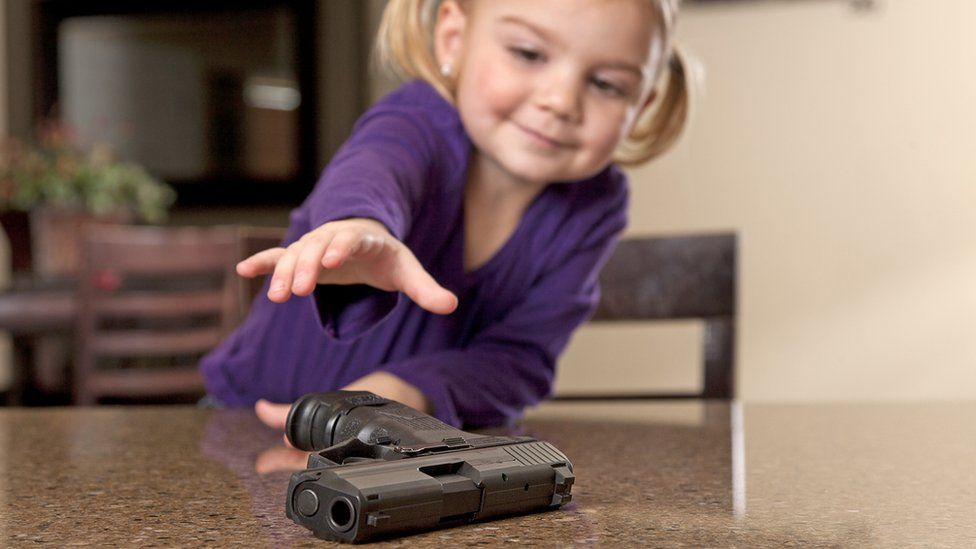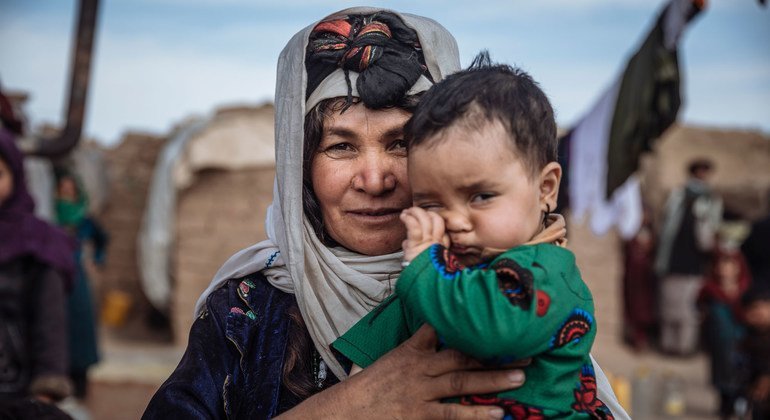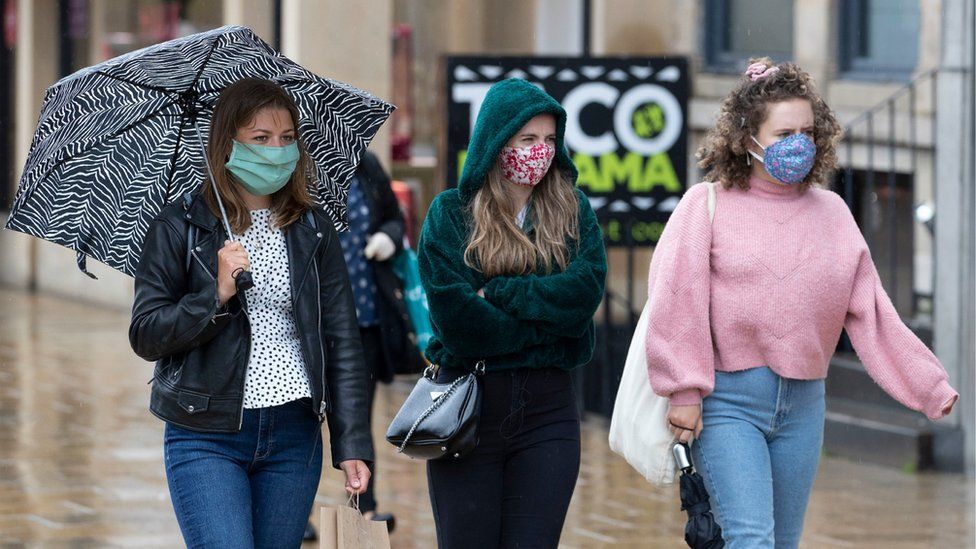The Sunday Times claimed security services removed its warning that the Russian-born businessman posed a risk after the prime minister got involved.
Mr Johnson has denied the report.
But at Prime Minister’s Questions, Angela Rayner called for further assurances from the deputy prime minister about the PM’s actions.
Addressing Dominic Raab – who was standing in for Mr Johnson while he visits Saudi Arabia – she said: “There is no ifs or buts when it comes to the safety of the British people.
“So I ask the deputy prime minister, can he guarantee that the prime minister never asked anyone to urge the security services to revise, reconsider or withdraw their assessment of Lord Lebedev of Hampton and Siberia?”
Mr Raab called the “suggestion” she was making “sheer nonsense”, and defended the Conservatives’ record on security issues.
Lord Lebedev has denied posing a “security risk” to the UK, writing an article in the Evening Standard newspaper – which he owns – saying: “I am not some agent of Russia” and that he was “proud to be a British citizen and consider Britain my home”.
The son of billionaire Russian banker and former KGB officer Alexander Lebedev, he moved to the UK as a child, and has condemned President’s Putin’s actions in his newspaper, writing: “I plead with you to stop Russians killing their Ukrainian brothers and sisters.”
Ms Rayner, who was standing in for Labour leader Sir Keir Starmer, pointed to newspaper reports that claimed British intelligence warned against granting a peerage to Lord Lebedev on 17 March 2020.
She then claimed that despite the concerns, the prime minister visited Mr Lebedev at his home in London 48 hours later and then made the appointment in July.
“The central duty of any government is to keep the British people safe,” she said.
“There are now widespread reports that the prime minister did not accept warnings from our own intelligence services, granting a Russian oligarch – the son and business partner of a KGB spy – a seat here in this Parliament.
“It shouldn’t matter if such a warning was about a close personal friend of the prime minister, it shouldn’t matter if he gave the prime minister thousands of pounds of gifts, and it shouldn’t matter how much champagne and caviar he serves.”
Putin critics
Mr Raab said it was down to the House of Lords’ Appointment Commission to vet any prospective peers after they are nominated by the PM.
But he said peerages were given out “in recognition of what [someone’s] contribution is to society”, adding: “I should say that includes those of Russian origin who contribute brilliantly to our nation, many of whom in this country are critics of the Putin regime.”
The deputy PM also attacked Labour’s record on security, pointing to the former party leader Jeremy Corbyn and his stance on the armed forces and Nato.
“A Labour government would put at risk our security,” he said. “We are doing everything to protect it.”
Evgeny Lebedev is very well connected. He owns the Evening Standard and Independent newspapers, is friends with the prime minister and made George Osborne editor of the Evening Standard after he left government.
Lord Lebedev was in the room when Boris Johnson and Michael Gove decided to back Brexit. Mr Johnson attended his party the day after winning a majority in the general election – and there are various reports of him attending other parties hosted by the Lebedev family.
Mr Lebedev has urged an end to the war in Ukraine. Those who know him say he is more likely to chat about his favourite authors, Leo Tolstoy or Fyodor Dostoevsky, than Russian politics. He has British citizenship, owns companies here and has a keen interest in the arts.
His father Alexander, however, is a former KGB spy. He made vast amounts of money after the fall of the Soviet Union. For some time, that has raised concerns among politicians in Westminster.
The decision to grant Lord Lebedev a peerage was hugely controversial. The prime minister has faced questions about whether he intervened to ensure it happened after concerns were reportedly raised by security services. There have been calls for the Intelligence and Security committee – which has access to classified material – to investigate. Labour has also urged the House of Lords Appointments Committee to publish details of the vetting process.
But Lord Lebedev himself used his Evening Standard newspaper to hit back last week. He said he was a proud British citizen, adding: “I am not a security risk to this country, which I love. My father a long time ago was a foreign intelligence agent of the KGB, but I am not some agent of Russia.”











